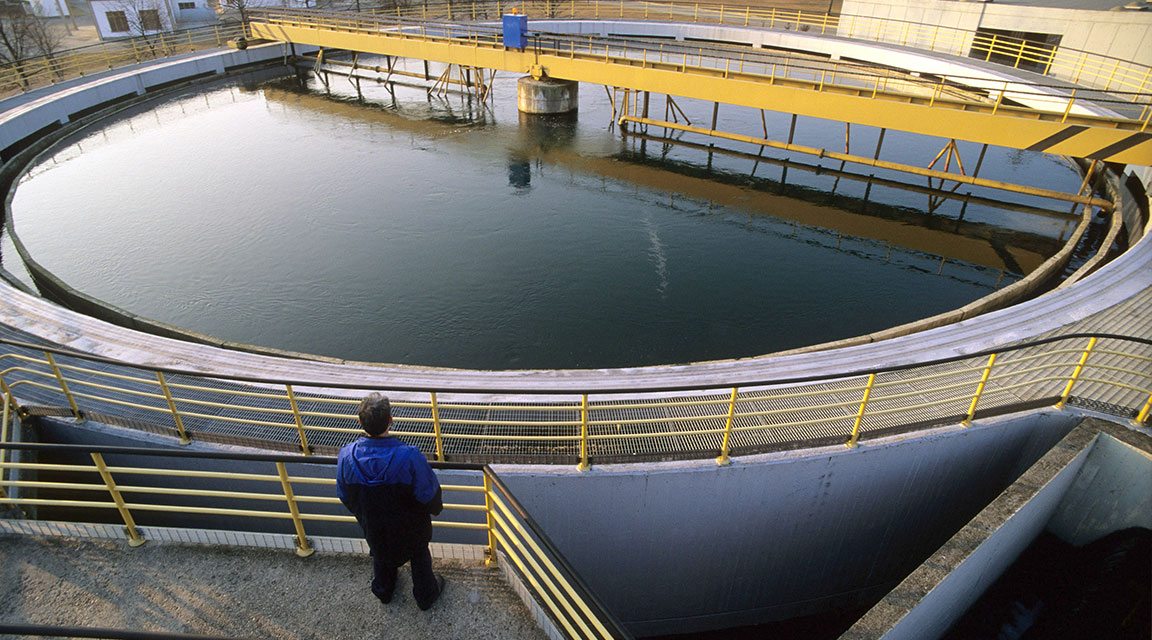

Scarcity of dollars delays construction and financing
Egypts Abu Rawash wastewater treatment plant (WWTP) is being delayed by a lack of hard currency needed to import equipment.
The winning consortium of local Orascom Construction Industries, Frances Veolia, and Spains FCC Aqualia is yet to sign a contract.
The consortium has renegotiated its contract with PPP [Public Private Partnership] Central Unit and the Construction Authority for Potable Water and Wastewater to include clauses on hard currency availability.
If we have to source the equipment locally it will add significantly to the construction cost, said FCC Aqualias Egypt country manager, Naoll Mary, at the PPP in Emerging Markets event on 22 February in Dubai. Given that equipment represents a very significant part of the project costs this is important.
The overall project is expected to cost $561m, with equipment making up over $200m. Equipment costs could rise by as much as half.
The consortium will take out a 6-12 month bridge loan to begin construction before financial close, but neither can happen until the dollar situation is resolved.
MEED reported in 2015 that local Commercial International Bank (CIB), African Arab International Bank, Banque Misr, National Bank of Egypt and QNB Alahli were participating in the bridge loan.
The same banks are expected to roll over the debt into project finance in Egyptian pounds, with the support of development banks.
The Washington-based International Finance Corporation and the London-based European Bank for Reconstruction & Development have shown an interest.
Orascom and FCC Aqualia previously secured 15-year project finance for New Cairo WWTP from local banks, but the hard currency shortage means Abu Rawash is more challenging. The developers are hoping for a 75:25 debt to equity ratio, although New Cairo had a 70:30 ratio.
It is requiring some very specialised structures and letters of credit, says Mary. They wanted to repeat New Cairo WWTP exactly with Abu Rawash but the situation has changed. The PPP Central Unit needs to adapt the structures to the current macroeconomic condition.
The consortium still plan to sign a 25-year build operate transfer (BOT) deal.
The agreement covers the design, financing and expansion of the existing Abu Rawash plant from 1.2 million cubic metres a day (cm/d) to 1.6 million cm/d, as well as the construction of an advance secondary treatment stage. The project will also include the operation and maintenance of the whole plant.
You might also like...

Hassan Allam and Siemens confirm Hafeet Rail award
24 April 2024

UAE builds its downstream and chemical sectors
24 April 2024

Acwa Power eyes selective asset sales
24 April 2024

Bahrain mall to install solar carport
24 April 2024
A MEED Subscription...
Subscribe or upgrade your current MEED.com package to support your strategic planning with the MENA region’s best source of business information. Proceed to our online shop below to find out more about the features in each package.





